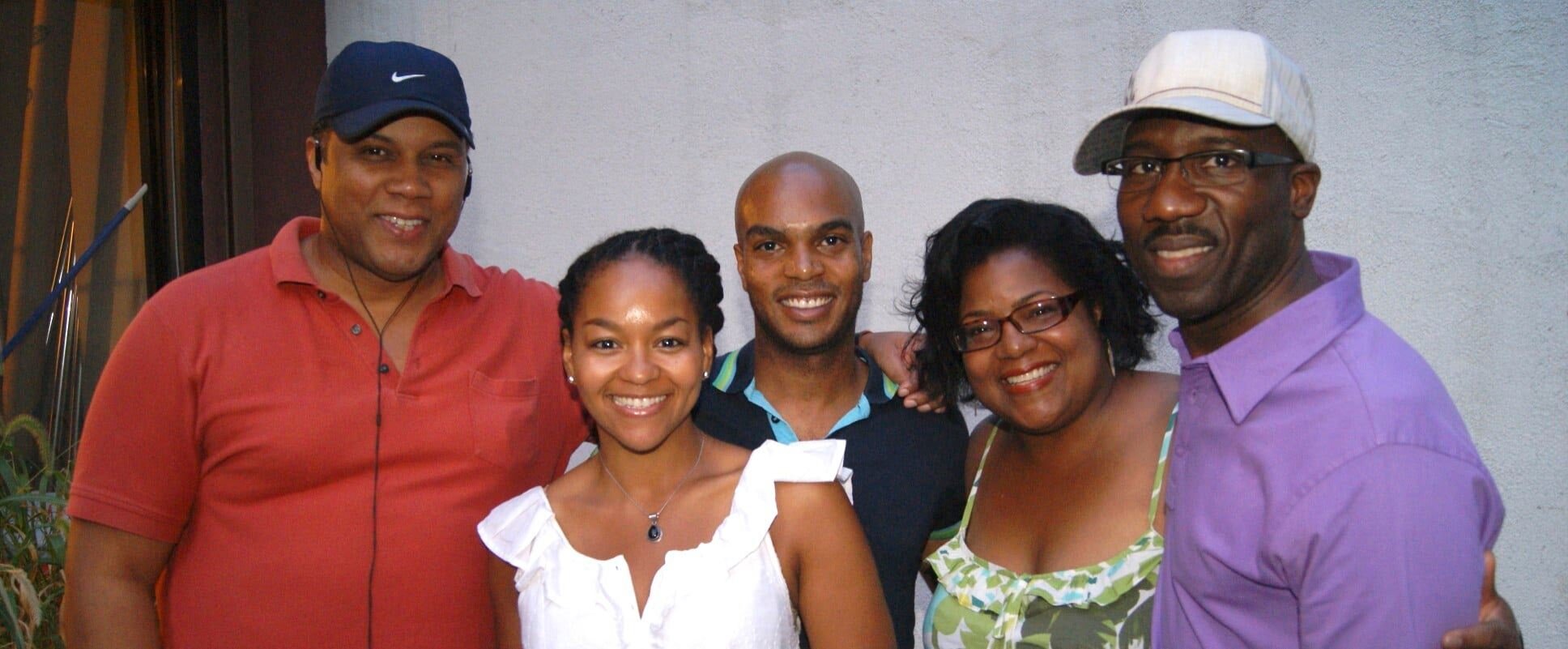Remembering Douglas Turner Ward
Last month, Douglas Turner Ward - playwright, director, performer, co-founder of the Negro Ensemble Company - became an ancestor.
I’ve found myself in a moment of extended reflection.
I never met him directly, but I have found creative and professional inspiration in his work. Here’s a memory that’s been sticking with me lately-
In 2011 I had the exciting opportunity to be one of six playwrights participating in the inaugural 48 Hours in Harlem festival, produced by Harlem9. I was so excited to be in the mix with such an inspiring ensemble of 6 playwrights, 6 directors and 18 amazing actors to create new theatrical reflections on classic Black plays.
I'd done a couple 24 / 48 hour theater experiences before, and this one felt particularly special. When the producers collective announced the plays we were going to interpret, I must admit I was really hoping my team would get Adrienne Kennedy's Funnyhouse of a Negro. I truly felt that weird, post-modern-ness was perfect for my sci-fi bizarro stylings. But Funnyhouse went to Dominique Morisseau by luck of the draw, and I got Day of Absence by Douglas Turner Ward.
48 Hours in Harlem Inaugural Playwright Cohort
Top Row: Ayanna Maia, Dominique Morisseau, Keith Josef Adkins
Bottom Row: Harrison David Rivers, Mfoniso Udofia, Moi
I remember meeting with our randomly assigned mini-ensemble to share impressions of the piece the afternoon before I was to come up with some kind of script. Russell Jones was in the directors chair, with Crystal Dickinson, Laura Johnston and Marcus Naylor as the performance troupe. We chatted about the Negro Ensemble Company, about how innovative it was to utilize white-face to make a satirical point about racial injustice and exploitation. We also talked about how the original piece made its point and made us laugh at the same time. It was an exciting conversation, and I soon let go of my obsession with Funnyhouse to try to figure out how to write something out of what we were finding in the piece.
The rest of the weekend we workshopped the script I'd come up with, bringing the conceit of a surreal Day of Absence to the present-day with a nod to trickster figures, some sci-fi invisibility shields and a splintered black community on different sides of the Obama Era American project, All That Yes We Can And Stuff.
Marcus Naylor, Crystal Dickinson, Moi, Laura Johnston and Russell Jones
It was a somewhat successful short play, and has grown as the foundation of an Afro-fantastic world where several of my subsequent plays have unfolded.
And reflecting on that experience today, I've come to realize how much inspiration I've drawn from that weekend making Black theater from "the classics," and how grateful I am for the ways Douglas Turner Ward's work consistently shows up -- a testament to his powerful vision, the vibrant creative community he helped sustain, and a legacy to inspire generations hence.
Thank you Douglas Turner Ward. Rest well.



